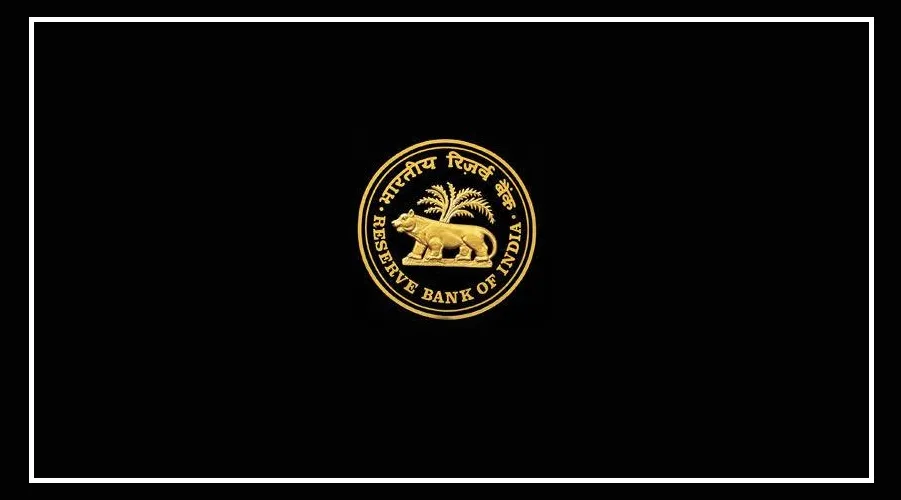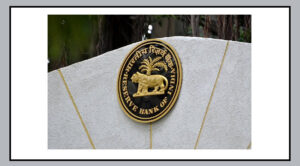India’s central bank, the Reserve Bank of India (RBI), is planning a new policy that will allow lenders to remotely lock smartphones purchased on credit if borrowers fail to repay their loans.
This move is aimed at strengthening loan recovery in the fast-growing consumer durable financing sector, where over one-third of electronics, including phones, are bought on credit.
Balancing Recovery and Consumer Protection
Previously, the RBI had halted phone-locking practices due to privacy concerns and potential misuse.
The new plan seeks to address these issues by updating the Fair Practices Code with strict rules.
Lenders must obtain prior consent from borrowers before activating any phone-locking features.
Access to personal data on locked devices will be strictly prohibited.
A source familiar with the policy said, “The RBI wants to ensure lenders can recover small-ticket loans while safeguarding consumer data.”
Benefits for Lenders, Concerns for Consumers
If approved, the policy could benefit major non-bank lenders like Bajaj Finance, DMI Finance, and Cholamandalam Finance, especially for loans under ₹1 lakh, which are more prone to default.
However, consumer rights groups warn of risks.
Srikanth L., founder of CashlessConsumer, said:
“This practice weaponizes access to essential technology, potentially locking users out of livelihoods, education, and financial services.”
Critics argue that making smartphones — essential tools for work, study, and communication — contingent on loan repayment could cross ethical lines.
A Growing Market, But Rising Risks
India’s mobile market is huge, with over 1.16 billion connections, and small-ticket loans now make up nearly one-third of all non-food credit.
As electronic goods loans increase, lenders need better recovery methods to maintain financial stability.
Still, there are calls for clear consent protocols, grievance redressal mechanisms, and strict oversight to prevent misuse and protect consumer rights.
What’s Next
The RBI is expected to release final guidelines in the coming months.
While the move may boost loan recovery and lending confidence, it raises important questions about consumer rights, digital access, and fairness in one of the world’s fastest-growing credit markets.

























